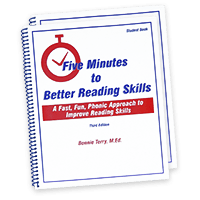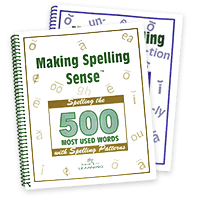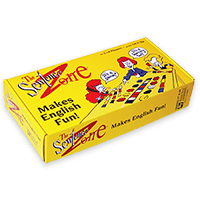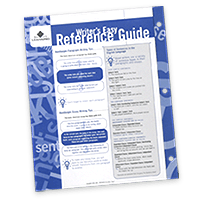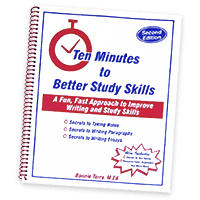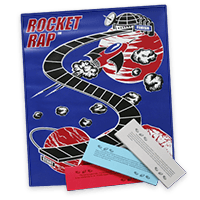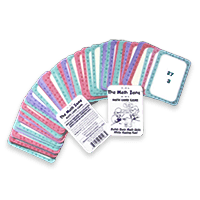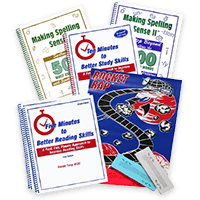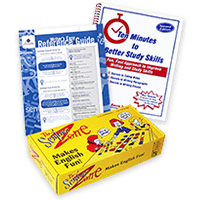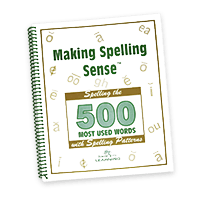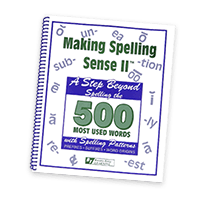Find out if your child has dyslexia or a learning disability at home
Does your child have trouble with:
-
Reading, Writing, Spelling or Math?
-
Remembering?
-
Understanding Directions?
-
Completing schoolwork?
Are you frustrated because your child has experienced difficulty in school and you are not sure how to help them? You may not understand why they are having difficulties with learning, but you know your child is struggling. You may wonder if your child has a learning disability or dyslexia and if their school has addressed their individual needs.
Many of you may have attended either a student study team meeting or an IEP meeting, trying to get help for your child. The meetings are often stressful and may even be difficult. You may leave the meeting befuddled and uncertain on what the next step is.
Many of you are aware that children learn in different ways and at different rates of progress. You may notice that your child is struggling more than you think they should even though you have tried to help them by explaining the subject matter to them several times. This can lead to frustration for both you and your child.
Backround on Learning Problems
Learning difficulties affect up to one in three, learning disabilities or dyslexia affect one in five, and most learning problems are never identified!
Students with learning difficulties or learning disabilities may often exhibit the following traits:
- They feel like a failure. They don’t smile much anymore either.
- They feel stupid. They don’t see the point of even trying, no matter what they do, they feel it’s not good enough.
- They dread going to school. School isn’t fun or interesting; it’s hard!
- They may get frustrated with schoolwork. They know everyone else does everything much easier and they know it’s so much harder for them to do their own assignments and then get lousy grades on them.
- They may feel that their work isn’t going to be good enough so they stop trying.
- They may ultimately not be able to get into the college of their choice or get the job of their choice.
In my 35+ years of experience as an Educator, Learning Disabilities Specialist, and Board Certified Educational Therapist here’s what I’ve learned. Sometimes children are having a slight problem at school. The problem might not be so great that a parent would seek help, but it is enough of a problem that the parent and child experience frustration when their child is doing their schoolwork. Sometimes children are having serious difficulties with their schoolwork and you know they need help, but you are at a loss how to help them.
It’s my professional opinion that many teachers and parents do not accurately diagnose these problems because they are not specifically trained in the areas of learning difficulties. Many children go through school with their educational challenges not being met. It is my mission to give parents and teachers the knowledge to be able to identify and to rectify the learning difficulties and learning disabilities their children may have.
Common Signs
The following can be indicators of learning problems, learning disabilities or dyslexia
- Take too long to do their work? It seems to take them all night to do what looks like a simple assignment.
- Have a hard time getting their work done in the allotted time?
- Spend hours doing schoolwork? They often have to stay in at recess or bring their schoolwork home in order to get it done.
- Know they have an assignment, but cannot remember what it is? And it’s too late to call a friend and find out what the assignment is.
- Have trouble understanding the directions?
- Work up to their abilities?
Finally, way to find out if your child actually has learning problems, dyslexia, or learning disabilities.
Bonnie Terry has developed two assessment tools that parents can use to screen their own child for possible learning problems. The first is a Pre-Screening Tool. The second is an ‘Informal’ Comprehensive Identification Tool. Both tools are very easy for parents to use to get a clearer understanding of their child’s learning issues. Parents will be able to see both their child’s strengths as well as their weaknesses.
Once you have the knowledge about your child’s learning difficulties, you become the ‘expert’ on your child. You now know what has been holding your child back and you can now be pro-active with your child’s learning.
